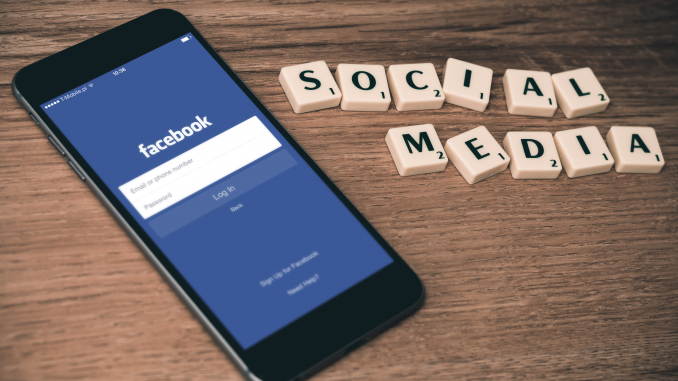
Opening Insights
STUDY FINDS: Social Media Making People Anti-Social, Jealous
Many people who use social media may go to desperate lengths to receive “likes” from followers, the study found.
Informational Insights
The social media boom continues to make it easier than ever to stay in touch with loved ones in real time. But with the flourishing of new technology and the ability to be connected to anyone and everyone at any time, real-life human interactions could be suffering a heavy blow.
A recent global study conducted by Kasperksy Lab reveals that social media users are interacting less face-to-face than in the past because of this newfound ability to constantly communicate and stay in touch online. In the study, researchers found that about one-third of people communicate less with their parents (31%), partners (23%), children (33%) and friends (35%) because they can simply follow them on social media. This may be doing more harm than good, in a world where editing one’s life to make it appear perfect is more appealing than naturally existing.
“Under certain circumstances they perceive their online communication as ‘hyper-personal communication’ and thus they can misread and over-interpret the messages on social media,” said Dr. Astrid Carolus, Media Psychologist at the University of Würzburg. “We feel especially close, we blind out the rather negative, focus on the possible positive intentions behind a message, and over-interpret.”
The study was conducted between October and November of last year among 16,750 participants, split evenly between men and women at least 16 years old from 18 countries, each of whom was surveyed online.
Participants were surveyed on the types of items they post on social media and the types of posts from others that have positive or negative influences on their moods. They were also asked about things they might do if meant obtaining more “likes” from their followers, including such things as posting salacious photos of friends or co-workers, or revealing sensitive information about someone else.
Many participants made it clear that social media made them jealous of others. Nearly 60% of the participants viewed a friend as having a better life than their own simply by seeing that friend’s social media activity, and almost half were upset after viewing photos from a friend’s happy holiday celebration.
The study also found that “people go on social media to feel better.” Half of the participants reported using the outlets as a means to post optimistic things, and 61% said they go on to post things that make them smile.
Researchers ultimately found that many people will go to harmful lengths simply to win “likes” from followers. “This study has shown us that in order to generate more likes and feel better about the time they spend on social media, people are being tempted into sharing more information; potentially putting themselves and the people they care about at risk,” the authors concluded. 1
Findings from Kasperksy Lab:
- People go on social media to feel better: around half of people choose to post optimistic things online – including things that make them smile (61%).
- However, social media doesn’t always leave people feeling positive: 57% admitted that after going on social media they have felt that someone has a better life than them.
- People use social media as a forum for gaining social validation: only a third (31%) of people are not bothered about the number of likes they receive for their posts.
- People – men especially – become upset if they do not get the likes they hope for: a quarter of men (24%) said they worry that if they get few likes their friends will think that they are unpopular, compared to one-in-six (17%) women.
- In striving to receive more likes on social media, people can put themselves and their loved ones at risk by disclosing private information: 37% share their home town, 31% share their email address, 30% share their relationship status, 18% share details of their place of work and 14% share their address.
- Social media impacts the relationships people have in the physical world: a third of the respondents to the survey admitted that they now communicate less with their parents (31%), children (33%), partners/spouses (23%), friends (35%), and colleagues (34%) because they can see them and communicate with them via social media.2
Sources:
1 Noble, J. (2017). Study: Social Media Making People Anti-Social, Jealous. Study Finds. Retrieved from https://www.studyfinds.org/study-finds-social-media-jealousy-facebook
2Bock, R. (2017). Have we created unsocial media?. Kaspersky Lab Daily. Retrieved from //usa.kaspersky.com/about-us/press-center/press-releases/2017/Kaspersky_Lab_Study_Shows_How_Social_Media_Threatens_Real-life_Communication
Possibilities for Consideration
- What do you think about this study?
- Do you notice social media taking a toll in your relationships?
Take a moment and examine…
- As you reviewed the material above, what stood out to you?
- What is the potential impact, economically and/or socially?
- What action is needed to stop or support this idea?
- You may want to consider whether you:
- want to be aware of,
- should become supportive of,
- would want to be active in this topic?
Add Your Insight
I have been impressed with the urgency of doing. Knowing is not enough; we must apply.
Being willing is not enough; we must do.
LEONARDO DA VINCI
